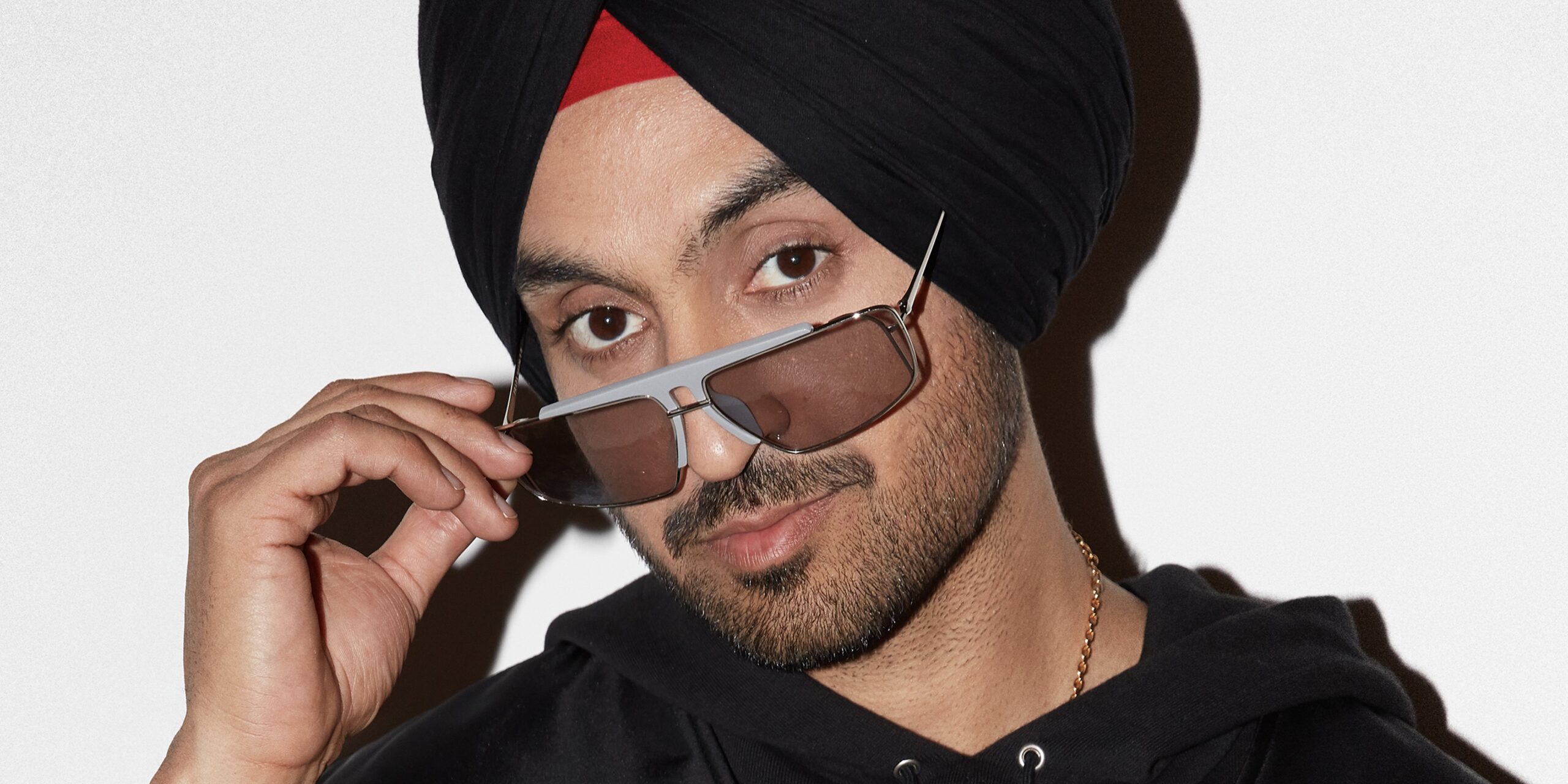
New Legacy of Unity and Resistance
Amid protests by Bajrang Dal against Diljit Dosanjh’s concert in Indore, the Punjabi singer invoked Rahat Indori’s iconic ghazal “Kisi ke baap ka Hindustan thodi hai.” This blog examines the unfolding protests, Dosanjh’s tribute to the late poet, and the significance of the message he conveyed at his Dil-Luminati tour concert.
Bajrang Dal’s Protest Against Diljit Dosanjh’s Concert in Indore
On December 8, 2024, the Bajrang Dal launched protests in Indore, demanding the cancellation of Diljit Dosanjh’s concert. Their objections were based on political and ideological differences, although they did not offer specific reasons for opposing the artist. The controversy highlights the ongoing tension between artists and certain fringe political groups in India, which often seek to impose their views on public events.
Despite the protests, Diljit Dosanjh chose not to cancel his performance, standing firm in the face of opposition and showcasing his belief in free expression. His defiance demonstrated a commitment to his art and values.
A Tribute to Rahat Indori: India’s Shared Heritage
In response to the protests, Diljit Dosanjh took a stand by quoting one of Rahat Indori’s most famous lines:
“Agar khilaaf hain, hone do. Jaan thodi hai.
Ye sab dhua hai, asmaan thodi hai.
Sabhi ka khoon hai shaamil yahan ki mitti mein,
Kisi ke baap ka Hindustan thodi hai.”
These powerful words were delivered by Indori during times of great unrest in the country. The verse emphasizes that India’s identity belongs to all its citizens, regardless of their background, and no one has the right to claim it as their own. By quoting this, Dosanjh not only honored the memory of the late poet but also delivered a timely message of unity and resistance against divisive ideologies.
Public Reaction: Support for Diljit’s Bold Stand
Diljit Dosanjh’s invocation of Rahat Indori’s words resonated with many across India, sparking widespread support. Social media platforms exploded with hashtags like #DiljitDefendsFreedom and #KisiKeBaapKaHindustan, expressing solidarity with the artist.
Supporters praised Dosanjh for standing up against what they saw as an attempt to suppress free speech and artistic expression. The message was clear: India is a country that belongs to everyone, and no one has the right to control its culture or its people.
Artistic Freedom in India: A Continuing Battle
This incident highlights the ongoing challenges artists face in India when their work is seen as incompatible with certain political ideologies. Despite being a popular public figure, Diljit Dosanjh’s concert in Indore became the center of a larger conversation about freedom of expression and the role of art in society.
By quoting Rahat Indori, Dosanjh reinforced the idea that artists have a responsibility to speak truth to power, and that art should be a space for open dialogue, not one restricted by political or ideological boundaries.
A Legacy of Unity and Resistance
Diljit Dosanjh’s tribute to Rahat Indori at his Indore concert became a defining moment in his career. His bold stand in the face of opposition not only honored the poet’s legacy but also sent a resounding message about the importance of inclusivity, freedom, and unity.
The verse “Kisi ke baap ka Hindustan thodi hai” remains a symbol of resistance and the belief that India’s identity is a collective heritage, shaped by all its citizens. By invoking this powerful poem, Dosanjh stood up for what he believes in, demonstrating that artists can be catalysts for change.